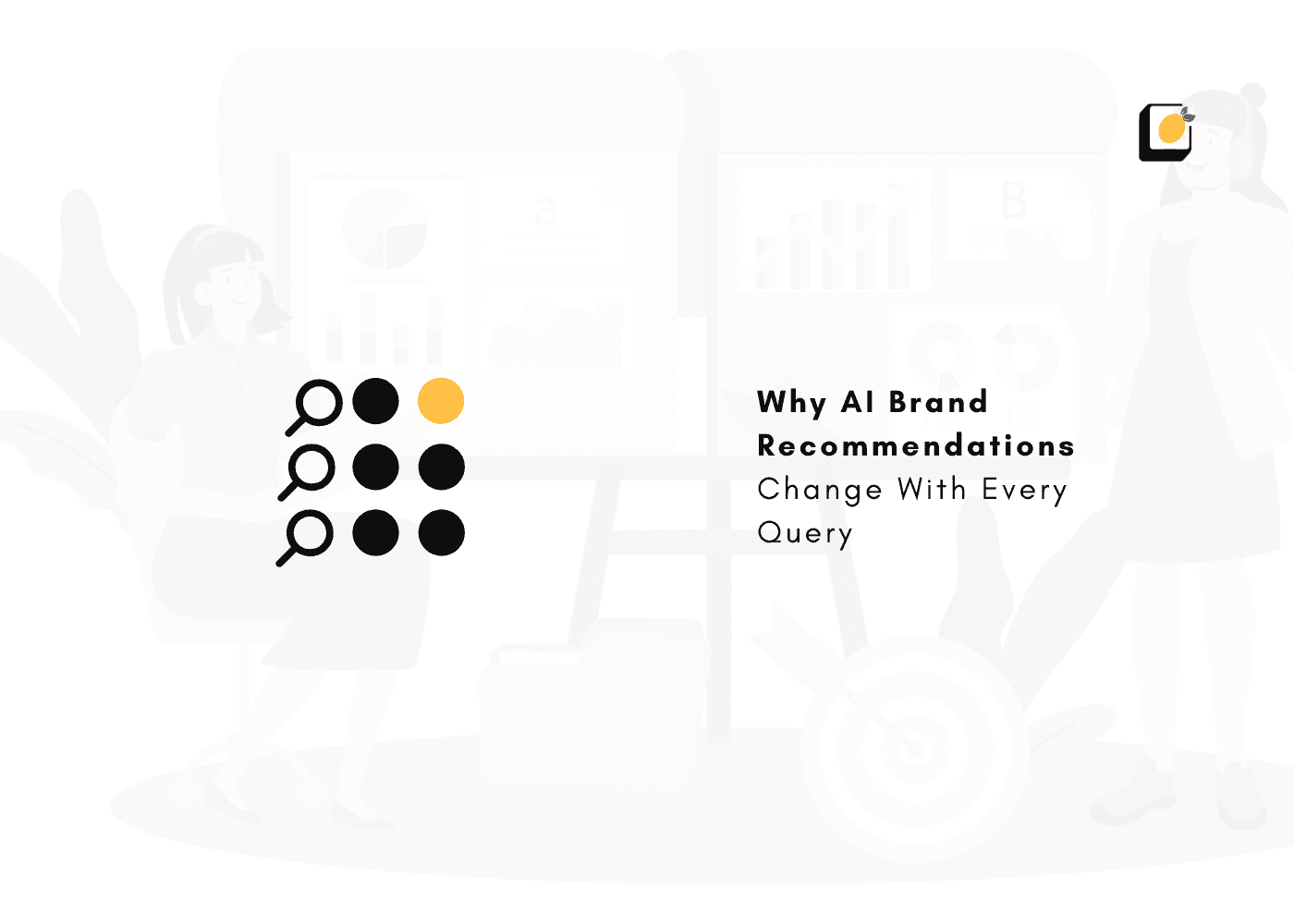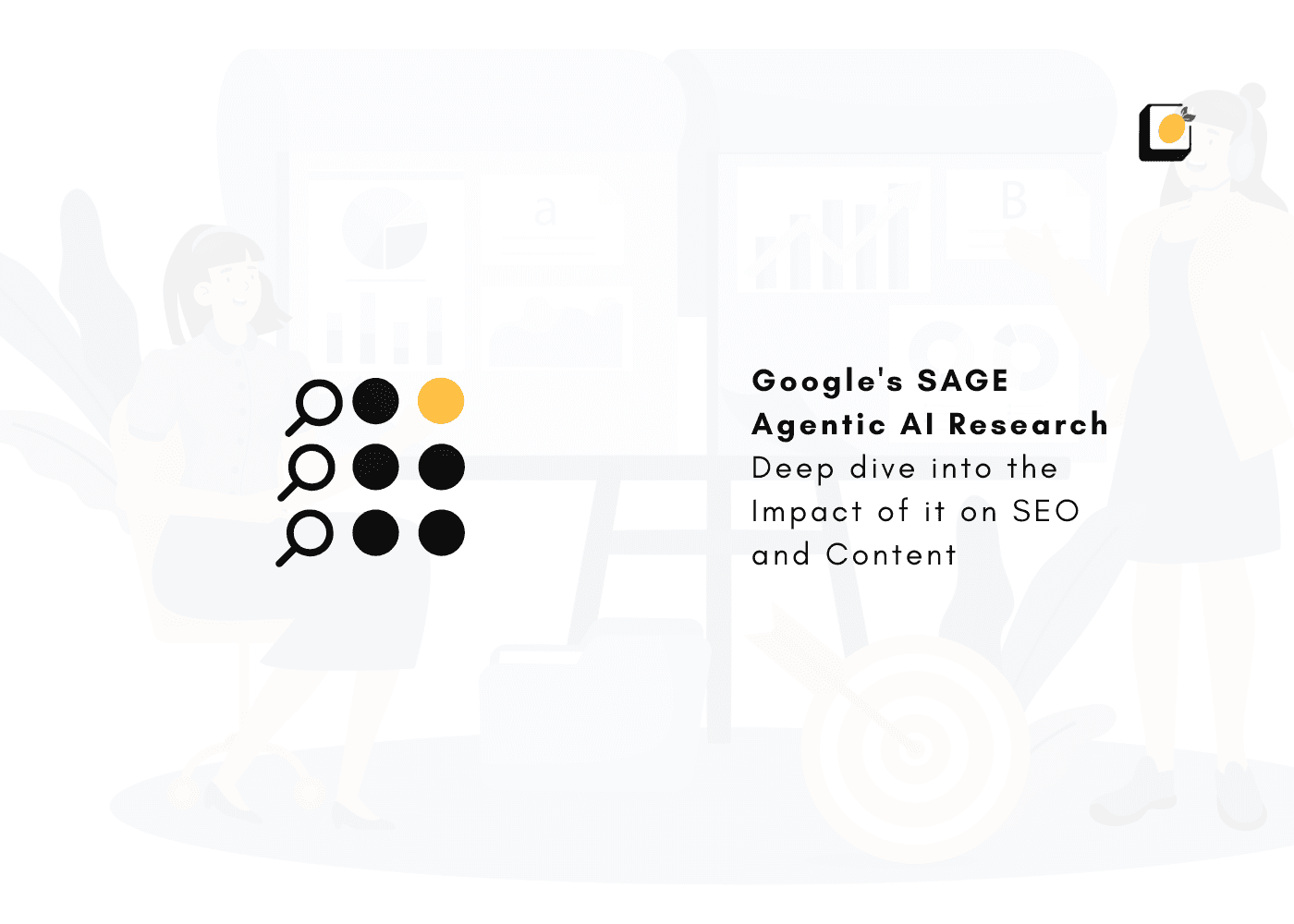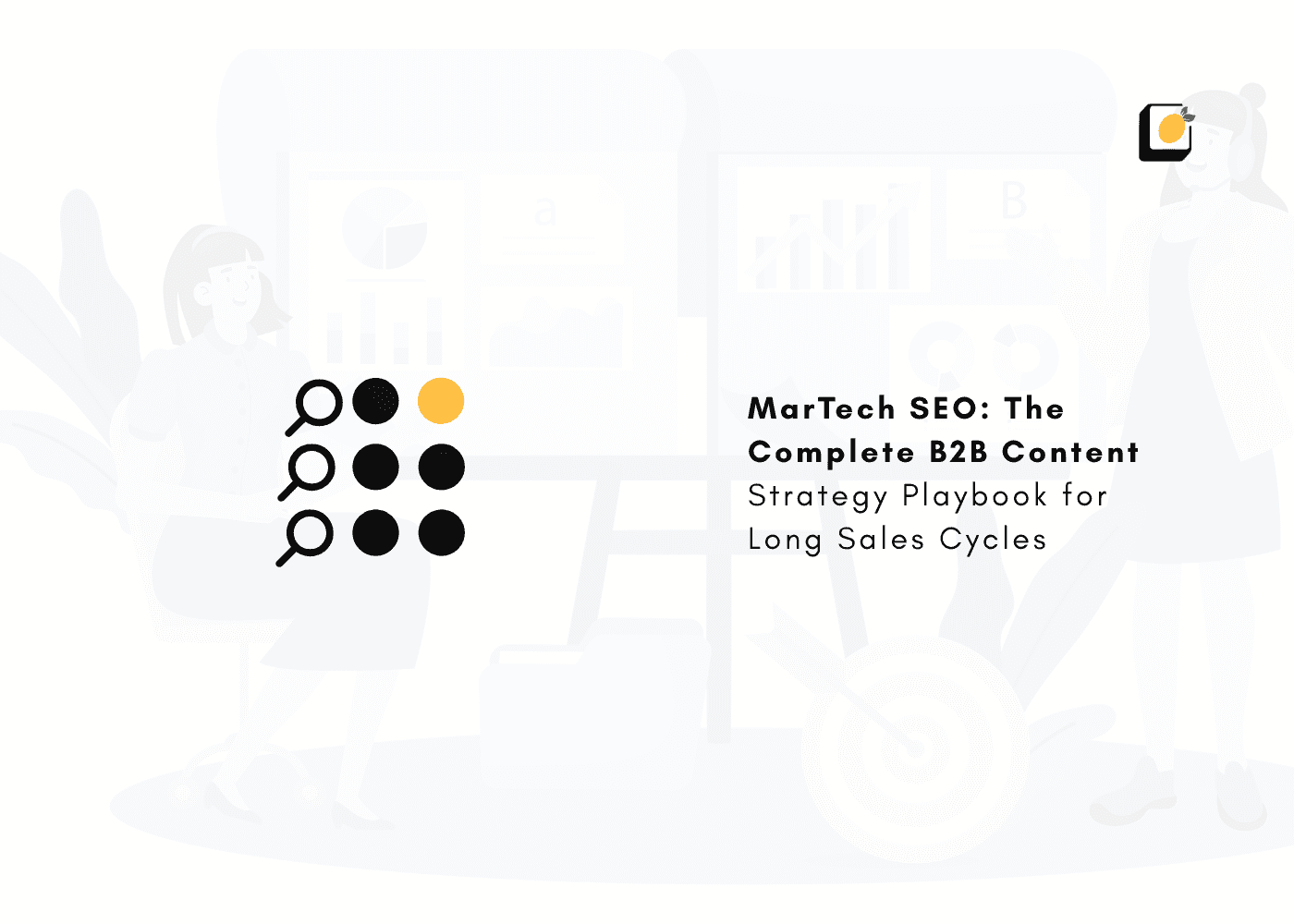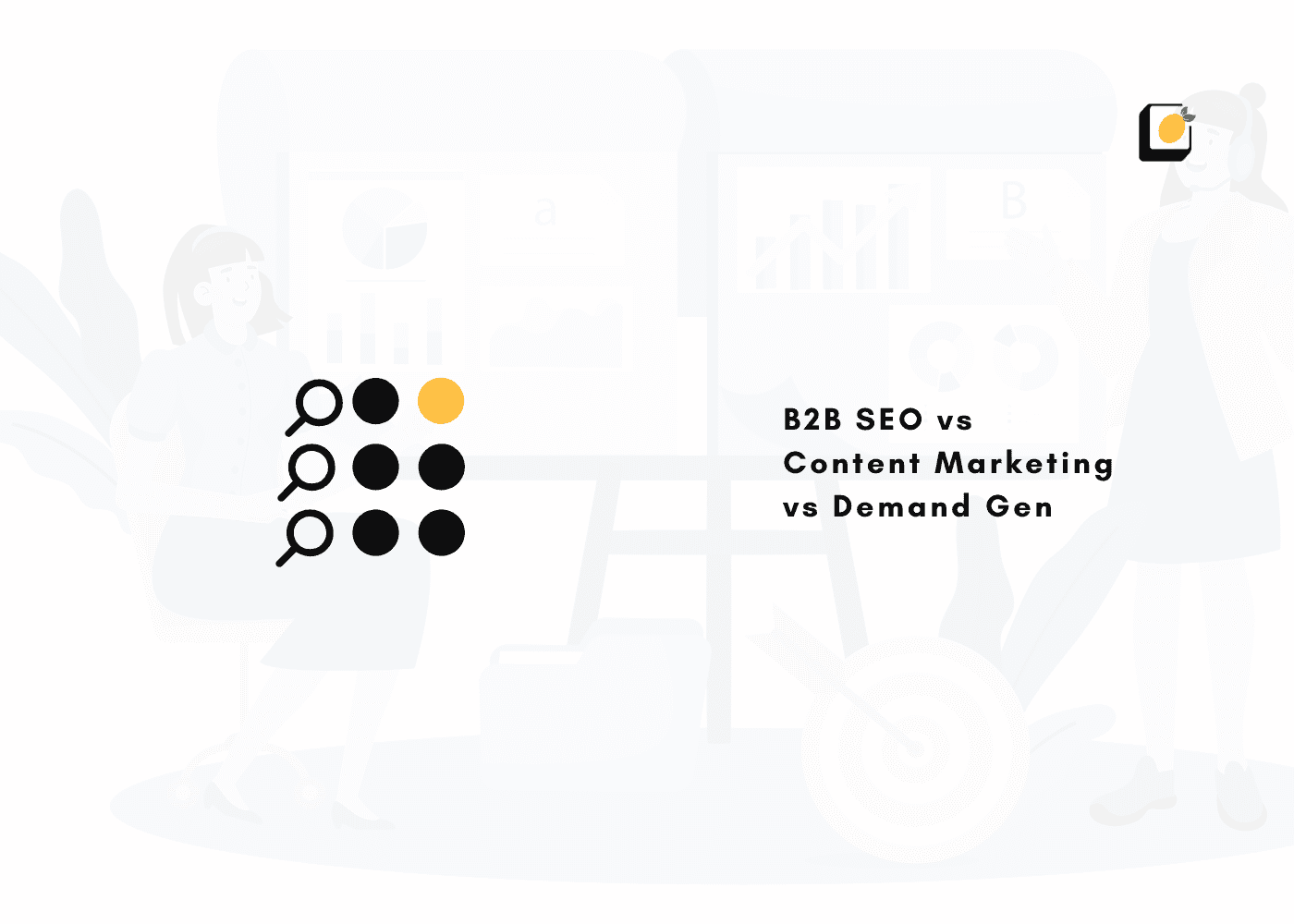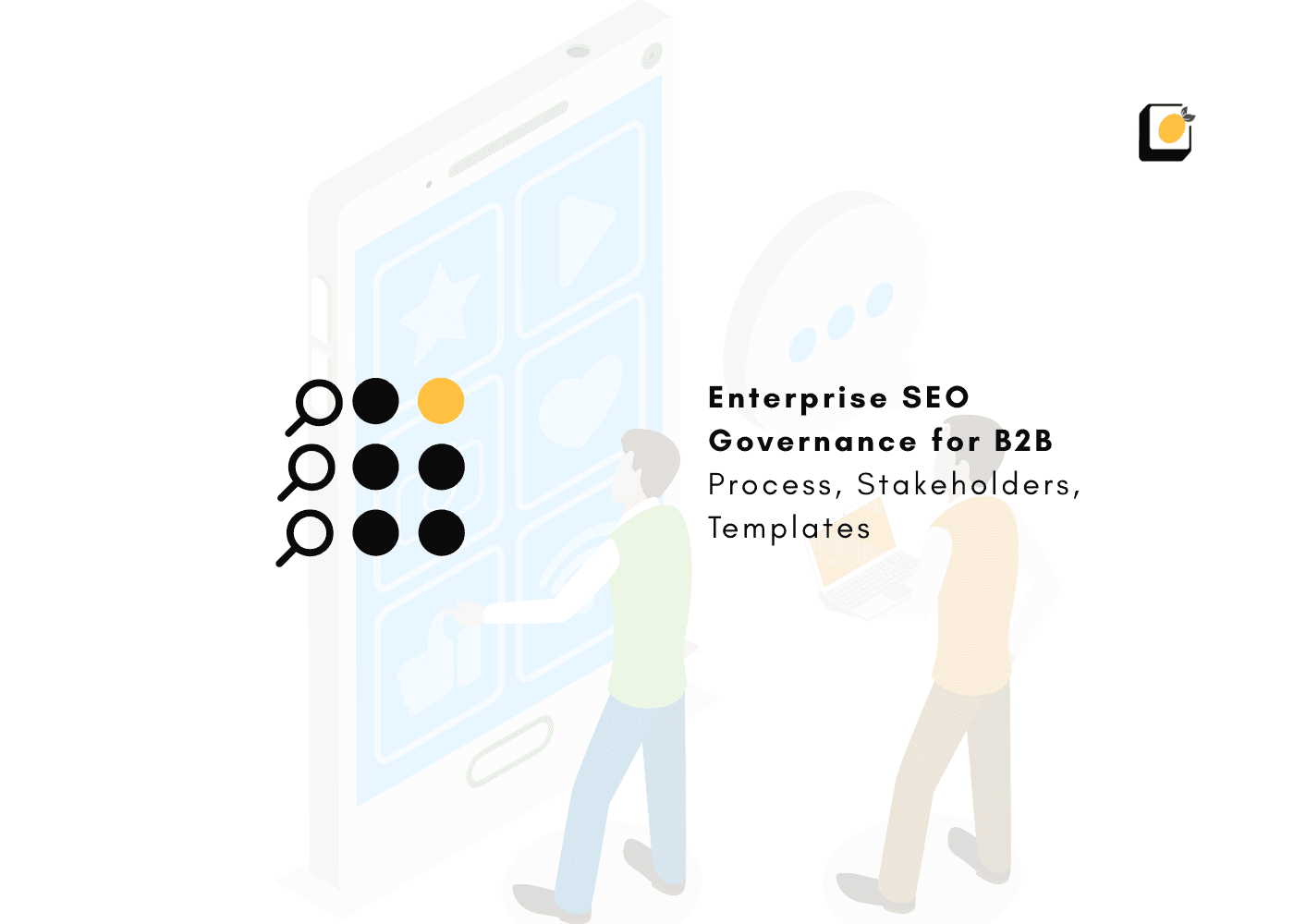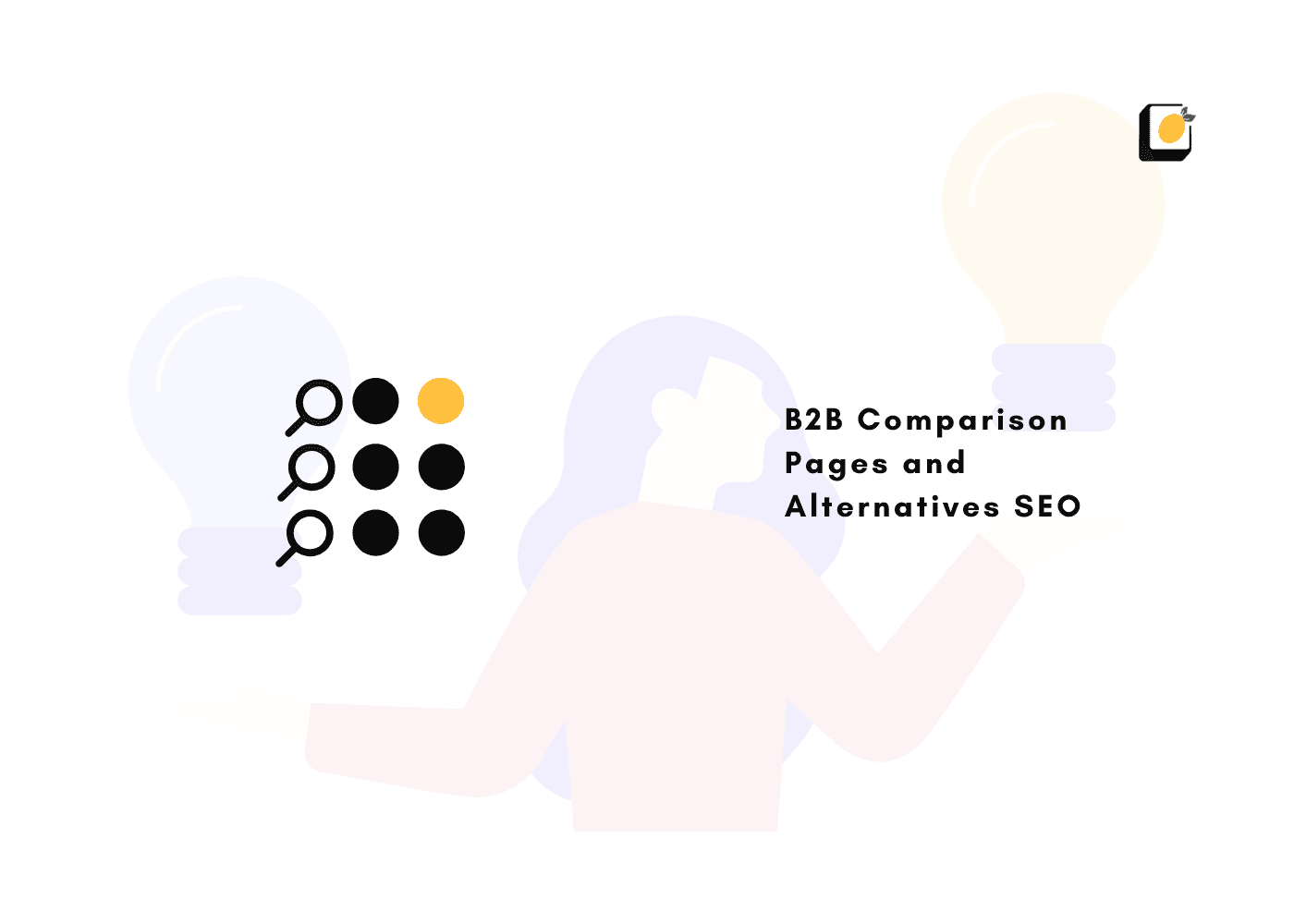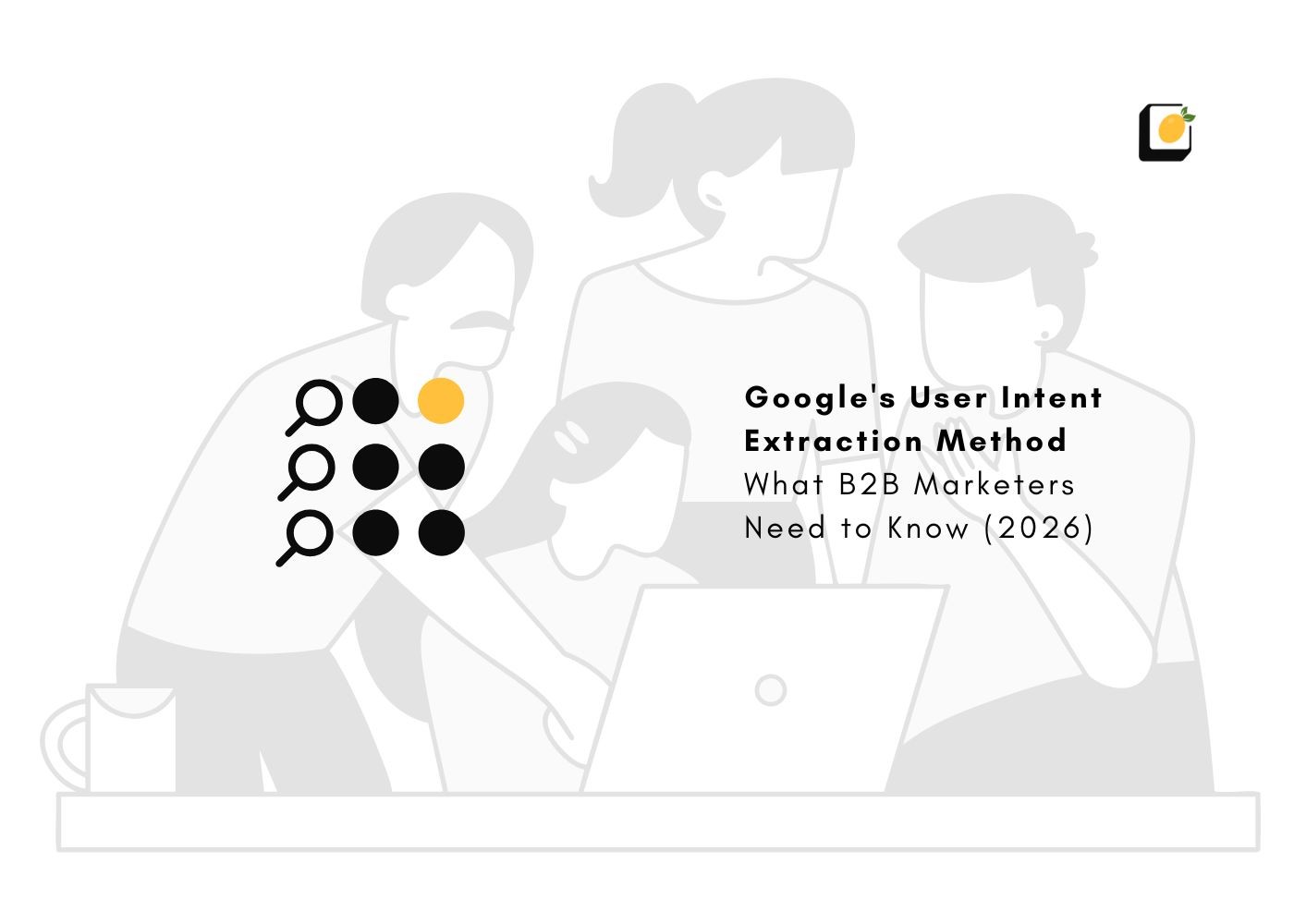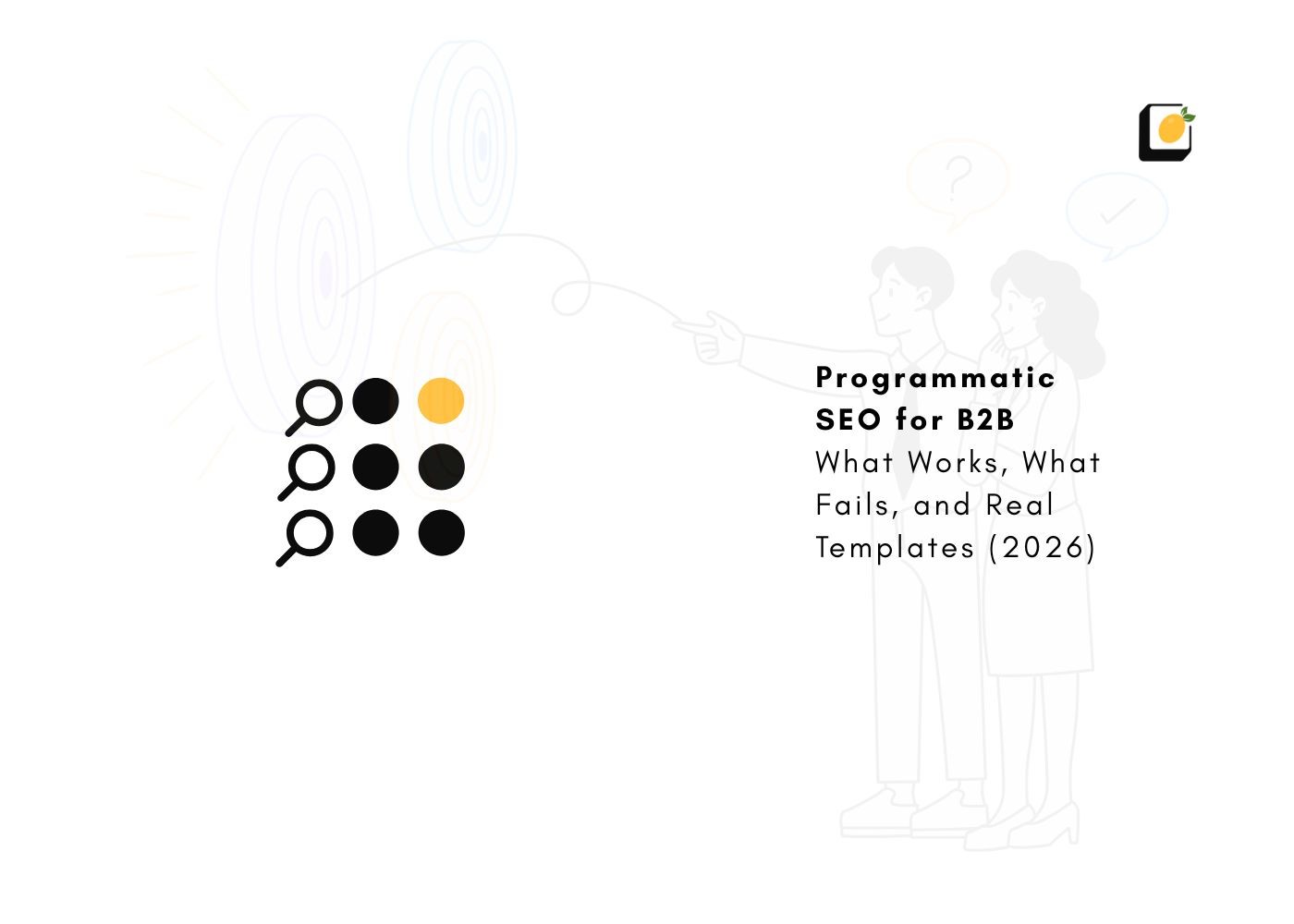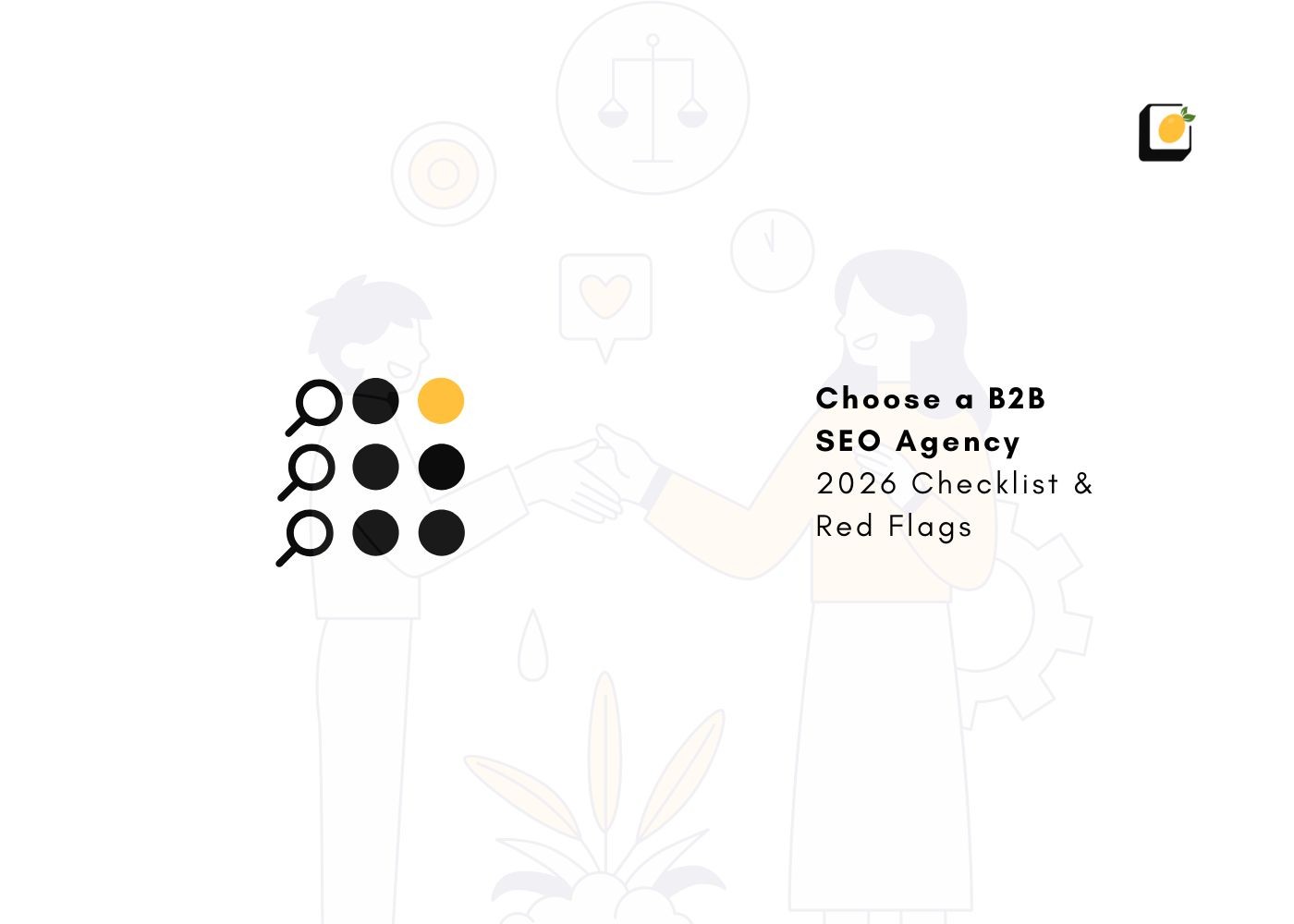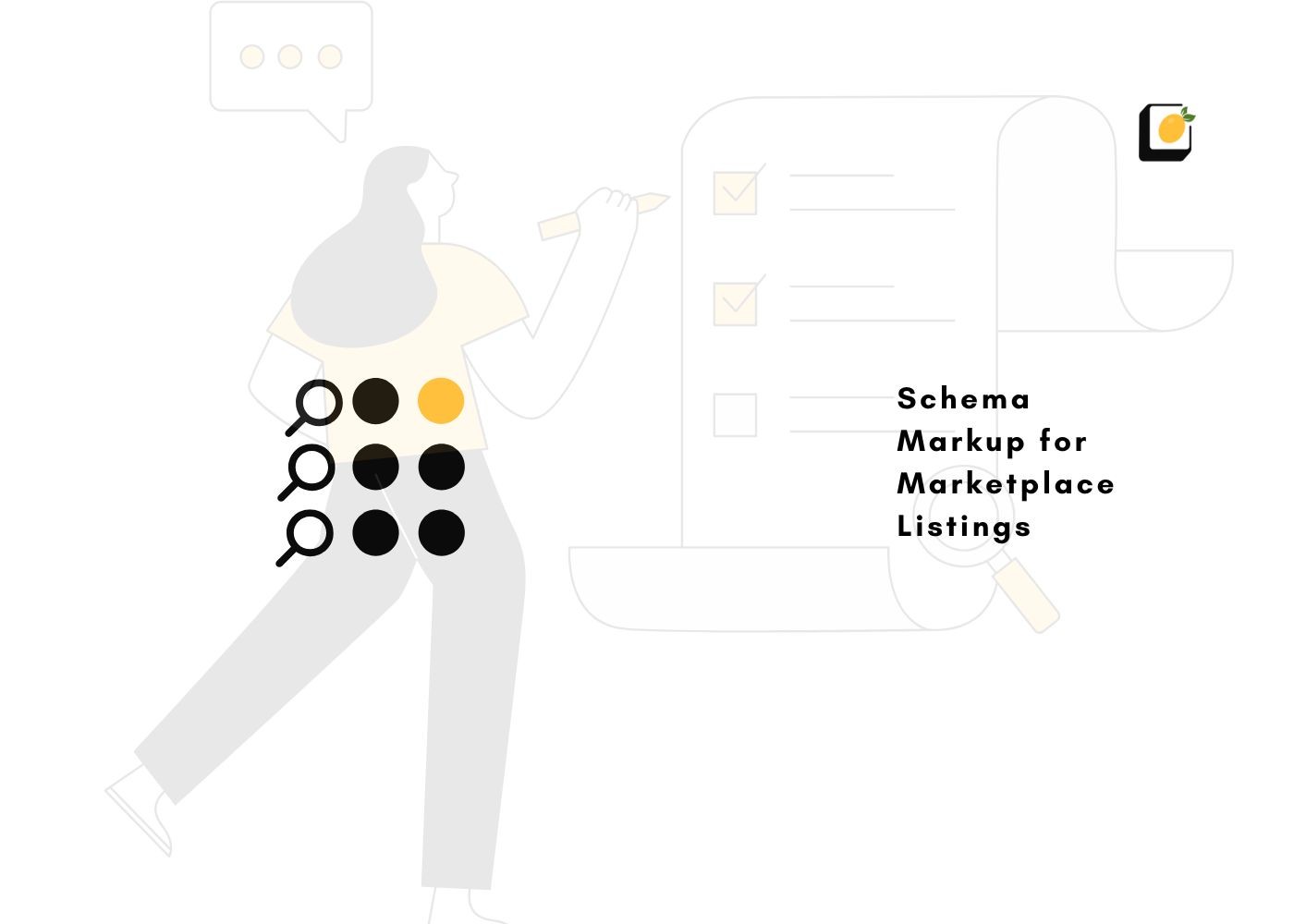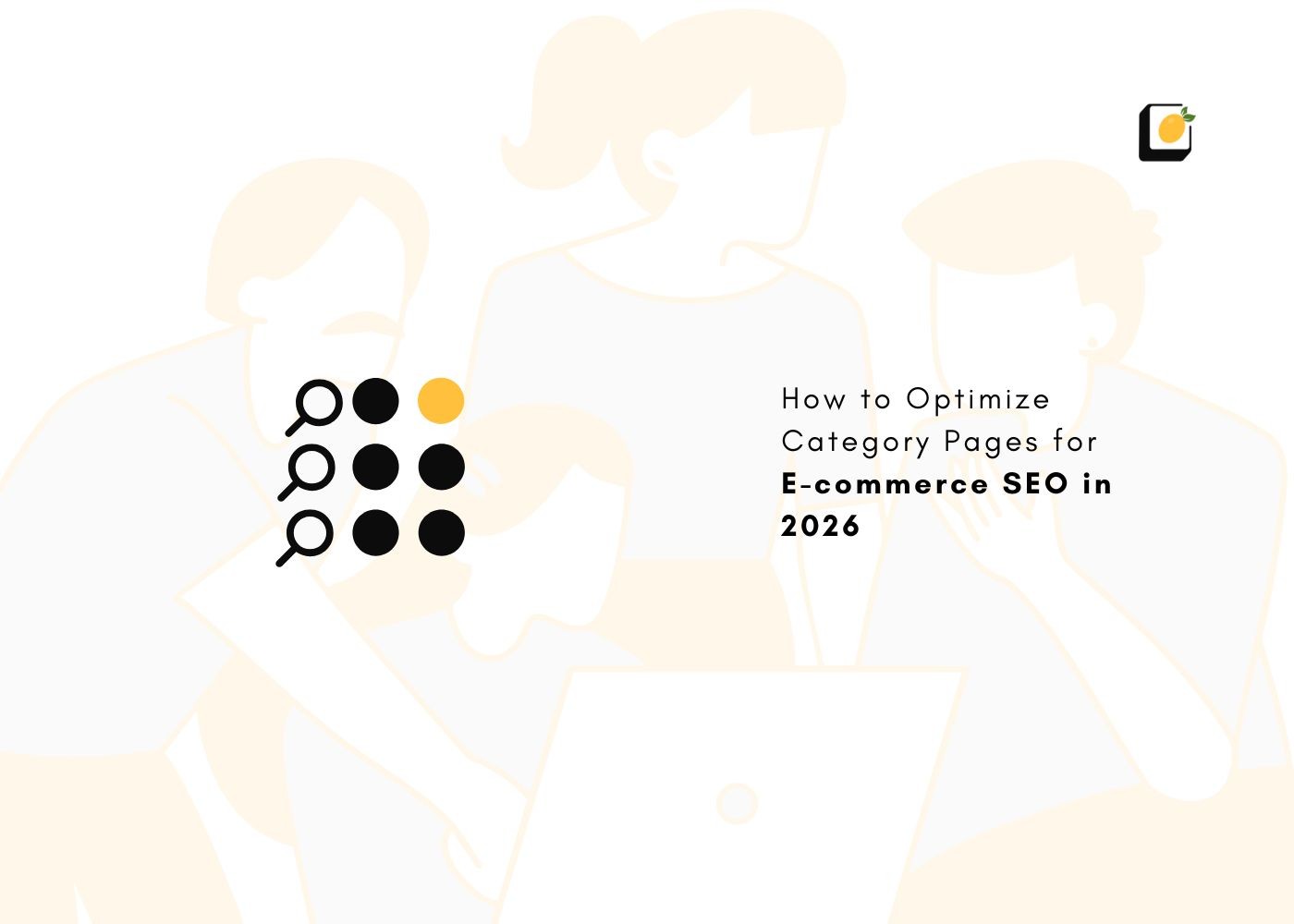Measuring ROI from AI Search Engine Optimization: Metrics That Matter for GEO
July 24, 2025
Join 500+ brands growing with Passionfruit!
Measuring AI search optimization ROI requires precision. Unlike traditional SEO, where click-through rates and page rankings tell the full story, AI SEO ROI demands a deeper understanding of how users interact with generative search platforms like ChatGPT, Perplexity, and Google's AI Overview.
Your investment in generative engine optimization needs justification. Stakeholders want concrete evidence that citations in AI responses translate to revenue growth. This comprehensive guide provides the measurement framework successful companies use to prove GEO metrics value and optimize their AI search strategies.
What Makes AI SEO ROI Different from Traditional Search Metrics
AI Search Fundamentally Changes how Users Consume Information
Traditional search sends users to websites through clickable links. AI search platforms provide complete answers within their interfaces, creating value through brand visibility and authority establishment rather than direct traffic generation.
The Zero-Click Phenomenon Dominates AI Search Behavior
Users receive comprehensive answers without visiting your website, making traditional metrics like bounce rate and session duration irrelevant. Your AI SEO ROI measurement must account for this shift toward influence-based rather than traffic-based value creation.
Revenue Attribution Becomes Complex
AI platforms synthesize your content into responses alongside competitor information. A user might discover your brand through an AI citation, research alternatives, and convert weeks later through direct navigation or branded search queries.
Core Differences in AI Search Behavior
Users ask more sophisticated questions in AI search environments. Instead of typing "best CRM software," they ask "What CRM features help B2B companies with 50-200 employees reduce sales cycle length?" This complexity means tracking engagement depth rather than just keyword rankings.
AI platforms evaluate content quality through different signals than Google's traditional algorithm. They prioritize factual accuracy, comprehensive coverage, and source credibility over traditional SEO factors like keyword density and backlink quantity.
Context matters more than keywords in AI search optimization. Your content needs to provide complete, nuanced answers to complex questions rather than targeting specific search terms. This shift requires measuring topical authority and expertise demonstration rather than keyword ranking positions.
Revenue Impact Measurement Challenges
Direct Traffic Attribution Becomes Nearly Impossible
AI platforms don't provide traditional referral data. You need sophisticated tracking methods, including UTM parameter systems, brand mention monitoring, and customer journey mapping to connect AI citations with eventual conversions.
Customer Lifetime Value Calculations Require Adjustment
AI-discovered customers often demonstrate different buying behaviors. They typically arrive more informed about your offerings but may have extended consideration periods before making purchase decisions.
Multi-Platform Measurement Complexity Increases
Users interact with multiple AI search engines during their research process. A customer might discover you through ChatGPT, verify information on Perplexity, and see your brand again in Google's AI Overview before converting.
Essential KPIs for Tracking GEO Performance and Revenue Impact
Citation frequency serves as your primary visibility indicator across AI platforms. Track monthly mentions in ChatGPT responses, Perplexity citations, Google AI Overview snippets, and Claude answers to establish baseline performance and identify growth trends.
Source attribution quality matters more than quantity in AI search environments. Getting referenced as the primary source for authoritative responses carries significantly more weight than multiple peripheral mentions in less relevant contexts.
The following table outlines the critical GEO metrics every organization should monitor:
Metric Category | Primary KPIs | Measurement Frequency | Business Impact |
Citation Volume | Monthly AI platform mentions | Weekly | Brand awareness growth |
Attribution Quality | Primary source citations | Weekly | Authority establishment |
Response Context | Topic relevance scoring | Monthly | Market positioning |
Revenue Correlation | Conversion attribution | Monthly | ROI demonstration |
Competitive Displacement | Share of voice changes | Quarterly | Market share gains |
Citation-Based Performance Metrics
Monthly citation volume tracking reveals performance trends across different AI platforms. Use specialized monitoring tools to track mentions in ChatGPT, Perplexity, Claude, and Google's AI features, establishing baseline metrics before implementing optimization strategies.
Citation context analysis provides qualitative insights into how AI platforms position your expertise. Monitor whether you're cited for basic information or complex, high-value topics that demonstrate thought leadership and subject matter authority.
Response ranking within AI answers indicates authority level. Track whether your content appears first, second, or third among cited sources, as position significantly impacts user perception and likelihood of further brand engagement.
Understanding how AI search works helps contextualize these citation metrics within the broader AI search ecosystem.
Revenue Correlation Tracking
Implement advanced attribution modeling to connect AI search citations with eventual conversions. Traditional last-click attribution models miss the significant brand awareness and consideration influence that AI search citations provide throughout extended customer journeys.
Track organic brand search volume increases following major AI search citations. Users often search for your brand directly after discovering you through AI responses, creating measurable lift in branded traffic and eventual conversions.
Monitor customer acquisition cost changes for users attributed to AI search discovery. These customers often require different nurturing approaches but may demonstrate higher lifetime value due to their research-intensive discovery process.
For comprehensive keyword tracking across AI platforms, explore our guide on keyword research that actually works for AI SEO.
Setting Up Measurement Systems for AI Search Optimization ROI
Building effective measurement infrastructure requires integrating multiple data sources into unified reporting dashboards. Combine traditional web analytics with AI-specific monitoring tools to create comprehensive AI SEO ROI visibility across all search environments and user touchpoints.
Start with baseline establishment across key AI platforms. Document current citation frequency, response quality, and brand mention context before implementing optimization strategies. This foundation enables accurate ROI calculation and performance improvement measurement over time.
Technical Implementation Requirements
Deploy advanced tracking infrastructure, including UTM parameter systems for AI-cited links, custom conversion goals for AI-attributed traffic, and extended attribution windows that capture delayed conversions from AI search discovery.
The essential technical stack includes:
AI mention monitoring tools (Brand24, Mentions.com, specialized GEO platforms)
Advanced analytics platforms with multi-touch attribution capabilities
Custom dashboard solutions integrating AI and traditional search data
Survey tools for customer self-reported attribution tracking
CRM integration for lifetime value correlation analysis
Set up automated reporting workflows that compile AI search performance data with traditional metrics. Weekly dashboards should highlight citation trends, source attribution changes, and revenue correlation patterns for strategic decision-making.
Implement cross-platform API connections with monitoring services that provide real-time citation data across ChatGPT, Perplexity, Claude, and Google AI features. Automated data collection ensures consistent measurement without manual tracking overhead.
Learn more about technical SEO implementation to support your measurement infrastructure.
Data Integration Strategies
Create unified customer journey mapping that tracks touchpoints from AI search discovery through final conversion. This requires sophisticated attribution modeling that assigns appropriate credit to AI search interactions within longer, more complex sales cycles.
Implement cross-platform correlation analysis to identify which AI platforms drive the highest-value traffic and conversions. Different platforms serve different user intents, requiring tailored optimization strategies for maximum GEO performance measurement effectiveness.
Deploy cohort analysis for AI-attributed customers to understand long-term value differences. Users discovered through AI search often demonstrate different engagement patterns, purchase behaviors, and lifetime value metrics compared to traditional search traffic.
Advanced Analytics: Connecting Citations to Conversions
Revenue attribution in AI search requires sophisticated modeling approaches that connect indirect influence to direct sales impact. Traditional analytics methods miss the significant brand awareness and consideration influence that AI search citations provide throughout extended customer decision-making processes.
Multi-touch attribution becomes essential for accurate AI SEO ROI measurement. Users might discover your brand through an AI response, visit your website weeks later through organic search, and convert through email marketing campaigns, requiring advanced tracking to capture the full influence chain.
Customer Journey Mapping Techniques
Implement survey-based attribution tracking to capture customer self-reported discovery methods. Include specific questions about AI platform usage and brand discovery sources in post-purchase surveys to quantify AI search influence on conversion decisions.
Deploy advanced analytics tools that track cross-session user behavior and delayed conversions. Google Analytics 4's enhanced measurement capabilities and specialized attribution platforms provide the necessary data for accurate ROI calculation across extended timeframes.
Create behavioral cohort analysis comparing AI-discovered versus traditionally-discovered customers. Key comparison metrics include:
Average order value differences
Purchase frequency patterns
Customer lifetime value variations
Referral generation rates
Support ticket frequency
Understanding SEO vs GEO differences helps contextualize these analytics within your overall search strategy.
Revenue Correlation Analysis
Statistical analysis of citation timing versus conversion spikes reveals direct impact relationships. Track correlation between major AI search mentions and subsequent traffic increases, lead generation upticks, and sales volume changes to quantify specific ROI contributions.
Competitive displacement measurement shows market share gains from effective GEO metrics optimization. Monitor how increased AI search visibility correlates with decreased competitor mentions and shifted market perception within your industry vertical.
Long-term value tracking measures sustained impact beyond immediate conversions. AI search citations often create ongoing brand awareness that influences future purchase decisions, requiring extended measurement windows to capture full ROI impact.
For deeper insights into measuring SEO impact, explore our analysis of how important SEO is for business growth.
Optimizing Based on Performance Data
Data-driven optimization requires systematic testing of content formats, citation strategies, and platform-specific approaches. Use your measurement framework to identify high-performing content characteristics and scale successful tactics across your AI SEO ROI initiatives.
A/B testing for AI search optimization involves creating content variants optimized for different AI platforms and measuring citation frequency, context quality, and eventual conversion impact. This systematic approach identifies what resonates with each platform's algorithms and user expectations.
Content Performance Analysis
Analyze citation context patterns to understand what content formats generate the most valuable AI search mentions. Monitor whether comprehensive guides, data-driven insights, or expert opinions receive better placement and attribution in AI responses.
Track topic authority development by measuring citation growth across related subject areas. Successful GEO performance often requires establishing expertise in interconnected topics rather than focusing on narrow keyword targets.
The most effective content optimization strategies include:
Comprehensive topic coverage addressing user questions thoroughly
Data-backed assertions with clear source attribution
Expert perspective integration demonstrating thought leadership
Regular content updates maintaining information accuracy
Cross-platform content adaptation optimizing for each AI platform's preferences
Learn about creating SEO-optimized content that performs well across traditional and AI search environments.
Strategic Adjustment Framework
Monthly performance reviews should compare citation trends, revenue attribution data, and competitive positioning changes. Use this analysis to adjust content creation priorities, platform focus allocation, and optimization resource distribution.
Quarterly strategic assessments examine broader market trends, AI platform algorithm changes, and competitive landscape shifts that impact your AI SEO ROI performance. Adjust long-term strategy based on these insights.
Continuous testing protocols ensure your optimization efforts remain effective as AI platforms evolve. Regular experimentation with new content formats, citation strategies, and measurement approaches maintains a competitive advantage in the rapidly changing AI search landscape.
Understanding AI's impact on SEO provides context for strategic adjustments.
Final Thoughts
Your measurement framework determines optimization success in AI search environments. Start with citation tracking, implement revenue attribution, and use data insights to guide strategic decisions. Effective measurement transforms AI search optimization from experimental marketing into predictable revenue generation. Begin implementing these frameworks today to establish the data foundation your optimization efforts require.
Key Takeaways
Citation frequency across AI platforms serves as the primary indicator of brand visibility and authority establishment
Multi-touch attribution modeling captures the full revenue impact of AI search citations on extended customer journeys
Zero-click AI search requires measuring influence and brand awareness rather than traditional traffic metrics
Advanced tracking infrastructure integrating multiple data sources enables accurate AI SEO ROI calculation
Customer lifetime value analysis reveals AI-discovered users often demonstrate different purchasing behaviors and higher long-term value
Systematic content optimization based on citation performance data drives measurable improvements in AI search visibility
Frequently Asked Questions
1. How long does it take to see ROI from AI search optimization efforts?
AI SEO ROI typically becomes measurable within 3-6 months of consistent optimization efforts, though initial citation improvements may appear within 4-6 weeks. The extended timeline reflects AI platforms' content evaluation processes and the indirect nature of AI search influence on customer journeys. Revenue attribution often requires 6-12 months to establish clear patterns due to longer consideration periods for AI-discovered customers. Early indicators include increased brand search volume and citation frequency across major AI platforms before direct revenue impact becomes apparent.
2. What's the difference between measuring traditional SEO ROI and AI search optimization ROI?
Traditional SEO ROI focuses on click-through rates, rankings, and direct traffic conversion, while AI SEO ROI measures citation frequency, source attribution quality, and influence-based metrics. AI search creates value through brand visibility within AI responses rather than driving direct website traffic. Attribution modeling becomes more complex because users often discover brands through AI platforms but convert through other channels days or weeks later. The measurement timeframe extends significantly as AI search influences brand awareness and consideration rather than immediate purchase decisions.
3. Which AI platforms should I prioritize for ROI measurement and optimization?
ChatGPT, Google AI Overview, and Perplexity represent the highest-impact platforms for most businesses due to their user base size and search query volume. Google AI Overview appears in traditional search results, making it essential for maintaining search visibility. ChatGPT handles the largest volume of complex, conversational queries that often include commercial intent. Perplexity excels at research-oriented queries where users seek comprehensive, cited information. Claude and other platforms serve specific niches but generally generate lower overall citation volumes for most industries.
4. How do I track revenue attribution when AI platforms don't provide referral data?
Implement multi-layered tracking, including UTM parameters in cited links, brand mention monitoring, and customer survey attribution. Deploy advanced analytics tools with extended attribution windows to capture delayed conversions from AI search discovery. Use customer surveys asking specifically about AI platform usage during research phases to quantify self-reported attribution. Cross-reference citation timing with branded search volume increases and conversion spikes to establish correlation patterns. Advanced attribution modeling platforms can help connect AI search interactions with eventual revenue generation across multiple touchpoints.
5. What budget should I allocate for AI search optimization measurement tools?
Expect monthly costs between $500-2,000 for comprehensive AI search measurement, depending on your organization size and platform coverage requirements. Basic monitoring tools start around $100-300 monthly, while enterprise-grade attribution platforms with AI-specific features cost $1,000-5,000 monthly. Factor in implementation costs for custom dashboard development and analytics integration. The measurement investment typically represents 10-20% of your total AI search optimization budget. Consider starting with basic tools and scaling measurement capabilities as you prove initial ROI and expand optimization efforts.
6. How do I prove AI search optimization value to stakeholders who expect traditional metrics?
Present AI search metrics alongside traditional SEO data to demonstrate comprehensive search strategy impact. Create unified dashboards showing citation growth, brand search volume increases, and revenue correlation data. Use customer lifetime value analysis to show AI-discovered customers often generate higher long-term value despite longer acquisition cycles. Implement competitor displacement tracking to demonstrate market share gains from improved AI search visibility. Provide case studies showing how citation improvements correlate with broader brand awareness metrics and eventual revenue growth across multiple channels.


